Announced just now during CES 2020, AMD have revealed their Radeon RX 5600 XT graphics cards aimed at being the "ultimate 1080p gaming experience". During the event, AMD showed some 1080p benchmarks across a bunch Windows games at "max settings", where it showed the Radeon RX 5600 XT beating an NVIDIA 1660Ti. Additionally, there will be a lower Radeon RX 5600 (no XT) model.
Specifications
| Radeon RX 5600 XT | Radeon RX 5600 |
| Architecture: RDNA | Architecture: RDNA |
| Compute Units: 36 | Compute Units: 32 |
| Stream Processors: 2304 | Stream Processors: 2048 |
| Clock "up to" 1375MHz game "up to" 1560MHz boost |
Clock "up to" 1375MHz game "up to" 1560MHz boost |
| 6GB GDDR6 | 6GB GDDR6 |
For availability, they're saying the AMD Radeon RX 5600 XT will be available January 21st for $279, with the lower AMD Radeon RX 5600 expected within Q1 this year but no price mentioned. On top of that, they also stated that both the 5600M and 5700M mobile graphics chips will also start appearing in the first half of this year. If you value the open source drivers for AMD GPUs, the Radeon RX 5600 XT sounds like quite a tidy unit that would be good for some 1080p gaming.
Just before that though, they talked a bunch about the new AMD Ryzen 4000 U-Series (Zen 2, 7nm), their new mobile processors. The model mentioned on stage was the AMD Ryzen 7 4800U, but there's going to be a lot more in the series. AMD Ryzen 7 4800U specifications:
- 8 cores and 16 threads
- 1.8GHz base with a 4.2GHz boost
- 8 Radeon Cores
- 15W TDP
AMD CEO, Lisa Su, mentioned while on stage that the "8 Radeon Cores" have had a "tremendous amount of optimisation" with them being based on the Vega architecture but they have "59% more performance than the previous generation". Sounds like we're going to be seeing a lot of these mobile Ryzen units too! AMD CEO, Lisa Su, stated on stage across this year "100+" systems will be shipping in various form factors.
After that, the AMD Ryzen 7 4800H was announced with:
- 8 cores and 16 threads.
- 2.9GHz base with 4.2GHz boost clock.
- 45W TDP.
They're claiming it offers desktop-level performance for mobile. They also showed a quick chart of the Ryzen 7 4800H stacked up against an Intel i7 9700k desktop processor, showing it performing better in the 3DMark FireStrike Physics benchmark. It's coming to various notebooks a bit later this year, Q2 was mentioned for at least one of them.
AMD ended it on quite a high note introducing the AMD Ryzen Threadripper 3990X which will be available on February 7 this year. An absolute monster of a CPU, with AMD naturally keen to mention how they're again first at stuffing this many cores into a consumer CPU.
Specifications:
- 64 cores and 128 threads
- 2.9GHz base with 4.3GHz boost
- 288MB total cache
- 280W TDP
You can see the AMD CES 2020 event video here. I believe that covers all the most interesting stuff that AMD announced during their presentation today.
I've read many user comments about the 5700 series.
There still seem to be significant outstanding driver bugs - even on Windows.
A thread on Reddit shows lots of people still struggle with frequent bugged clocking and, thus, bad gaming performance.
I'm a strong AMD supporter and I never thought I'd say this.
But after reading about the bugs and the missed out opportunity to at least announce the beefier Navi parts,
I'm seriously consider getting a Nvidia 2070 x or similar.
Damn, I want to get my rig ready for HL:Alyx and I'm really unsure what to get. :/
Last edited by Shmerl on 9 January 2020 at 1:07 pm UTC
Quoting: ShmerlNavi support by now (5.5-rc5) is mostly good, a few lingering issues have workarounds, and aren't major blockers.I guess I've been lucky with my 5700 XT. I can't say I've hit any issues at all. In fact, I don't remember ever having such a smooth experience with a GPU on Linux, be it Nvidia, AMD or Intel. Then again, I've only had it for a couple of months. Seems like things were much rougher around launch.
Quoting: tuubiI guess I've been lucky with my 5700 XT. I can't say I've hit any issues at all. In fact, I don't remember ever having such a smooth experience with a GPU on Linux, be it Nvidia, AMD or Intel. Then again, I've only had it for a couple of months. Seems like things were much rougher around launch.
Concurrent sensors access for amdgpu is still not fully fixed, but now is only rarely causing problems. By not querying them in parallel, you can avoid it altogether. That's basically the only issue that remained in my experience at least.
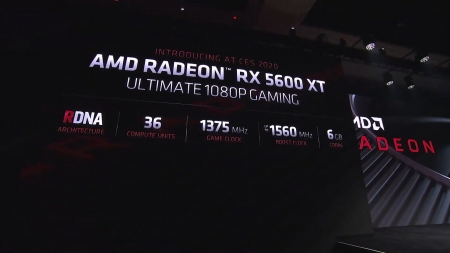
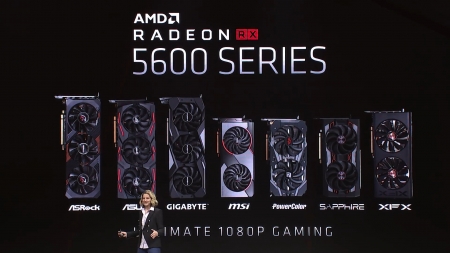
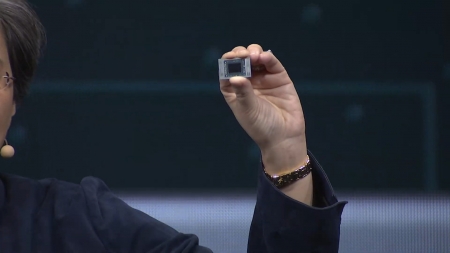
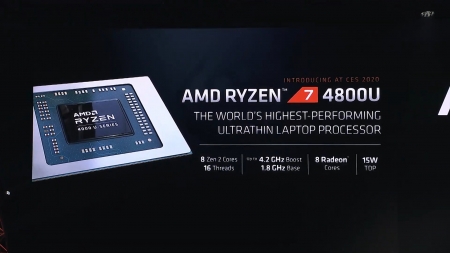
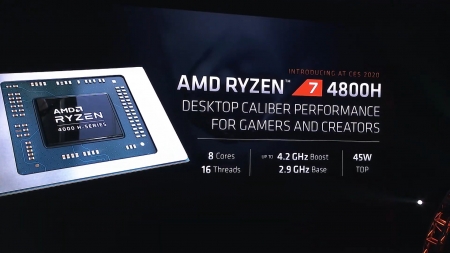
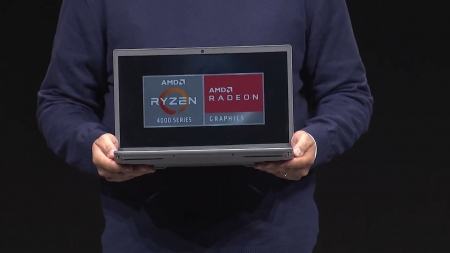
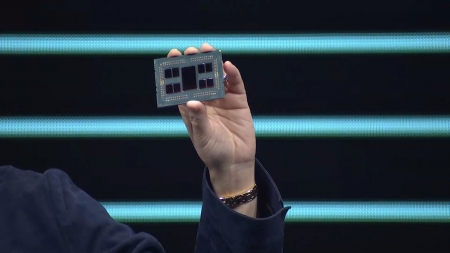
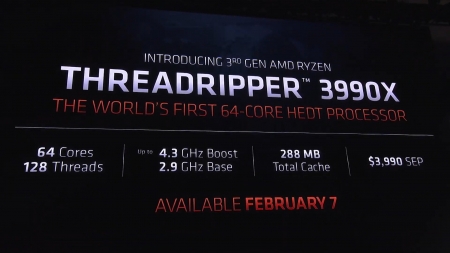
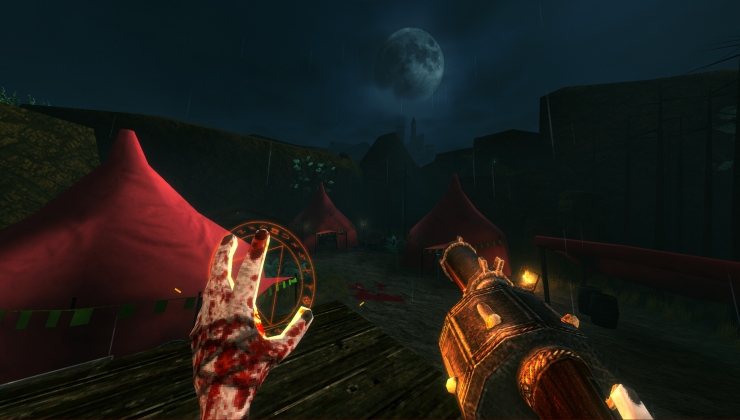
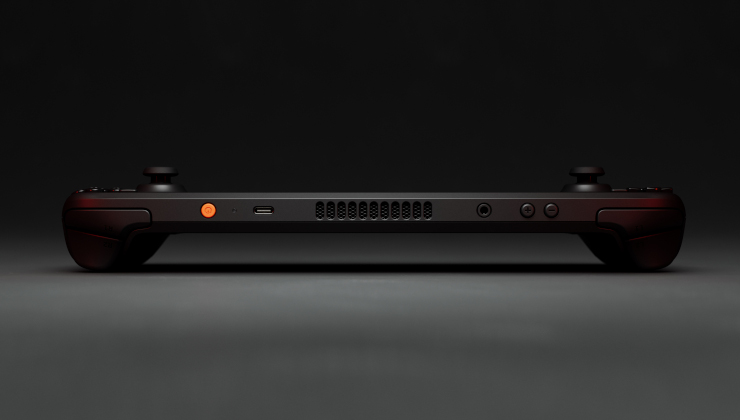





See more from me